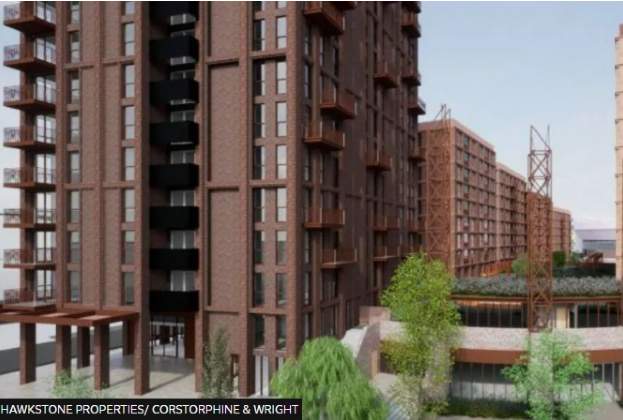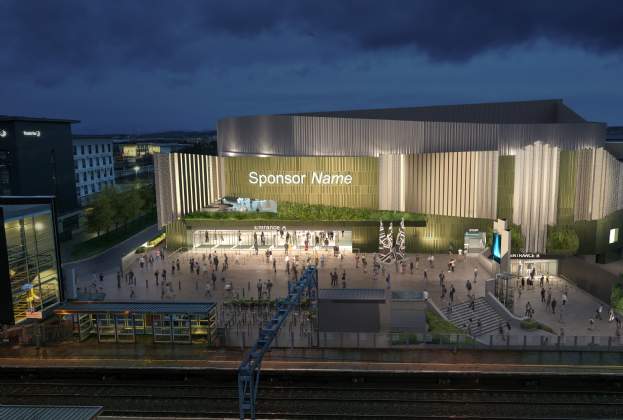You’ve found a plot and now, in the manner of Kevin McCloud's Grand Designs TV series, you want to buy it and build your own unique family home. But how can you be sure your project will be a success? Here are the questions to ask before you part with your cash:
1. What are my objectives?
It's easy to get carried away when you see a beautiful plot surrounded by gorgeous countryside. But before you go any further think about why you want to build your own home. What is it you want to achieve? If it’s to improve your quality of life, but you don’t drive and rely on public transport, settling on a plot in the middle of nowhere with limited transport connections won’t work, no matter how beautiful the view is.
If the project is a money-making exercise, again the location and build costs and potential for sale are also key practicalities which mustn’t be overlooked in the excitement of imagining a self-build.
2. Will the site get planning permission?
In the countryside in particular, there is a very real possibility that you will simply not be able to get planning permission to build a house on your ideal site. The planning system dates from the 1940s and many planning attitudes have not changed since then, including a general presumption against housing in the countryside. Buying a plot with consent already in place is ideal, but sadly this is not always possible so before making an offer, you need to know the likelihood of securing planning permission.
The upside to buying without planning consent is that it will be reflected in the cheaper price. On the other hand, if you can’t secure planning you will have paid over the odds – an expensive disappointment, especially if you have attached ‘hope value’ to the purchase. It may be that the seller will accept an offer, subject to gaining planning. Given the risks involved, a full understanding of national and local planning policy as it might affect your site will be essential, and it will almost certainly be prudent to employ a planning consultant to provide such insight, before making an offer.
3. How does access to the site work?
Sometimes the answer to this is simple: the site may be positioned on a Council-adopted road with access rights already in place. However, it can be more complicated if roads are privately owned, part of the trunk road network, or if access needs to be taken through someone else’s land.
A ‘ransom strip’ is an area of third-party land that needs to be crossed in order to access your site. Ransom strips can occur along or adjacent to private roads and public roads and may be small but can be expensive, typically costing up to a third of the overall completed development value. The vendor’s agent should be able to provide further detail. If more research is required to find out who owns neighbouring land, then your lawyer or a planning consultant will be able to assist you to identify the best approach.
4. What was the site previously used for?
The cost to develop a Greenfield site (previously undeveloped land) or a Brownfield site (a previously developed site) will differ. You will need to consider ground conditions and potential contamination (and if necessary de-contamination costs) which will influence some of the decisions made by your architect in terms of the construction process. If the vendor is unable to provide comprehensive information about the status of the land, tread with care and take advice from your solicitor.
5. How do I connect to utilities?
Connecting to water, gas and electric supplies are integral to being able to develop your own home. Make sure you have an understanding of where the current connections are, and how this would work for your plot, and what the cost implications would be. This could have a big impact on the price of your project. Development consultants or M&E (mechanical and electrical) engineers can assist with this and can provide an overview of all the services that your plot could link into. This advice becomes even more important if you plan to build off-grid.
6. Do you have an architect you trust to realise your vision?
Make sure you find someone with the right combination of creativity and commercial awareness. It is of course important to identify an architect who can take your ideas and transform them into your dream home and with whom you find it easy to communicate. However, you also need an architect who understands your constraints, including your timescales and budget, and who understands the requirements for Construction Design and Management (CDM) Regulations, thus absolving you of the threat of criminal prosecution if anything goes awry on your construction site.
7. How much will my house cost to construct?
While some fearless grand designers may wish to go it alone, employing a good architect or building surveyor will remove a large part of the stress. They will help to ensure the build is completed on time and within your budget. They can also manage the tendering process by obtaining competitive bids from a range of tradesmen from builders, plumbers, electricians, roofers and from specialists such as renewables consultants if you are planning to include eco credentials. This exercise will be integral to understanding what you can afford and in turn will influence the scale, design, materials and specification chosen by your architect.
8. How can I finance my project?
Self-build projects are still seen by many lending institutions as something of a niche product. In the circumstances, the assumption some institutions make is that your existing house has already been sold. This can make life challenging if you are still intending to live in your existing home while the build takes place. It also means that larger deposits are more likely and that irregular staged payments to your builder need to be negotiated to ensure that these can work within the parameters of their cash-flow model. It is therefore hugely advantageous to take advice from specialist financial advisors working within the self-build sector, as many conventional mortgage brokers will simply not be aware of the types of products that are available.
Further information
Contact Savills Planning & Development services
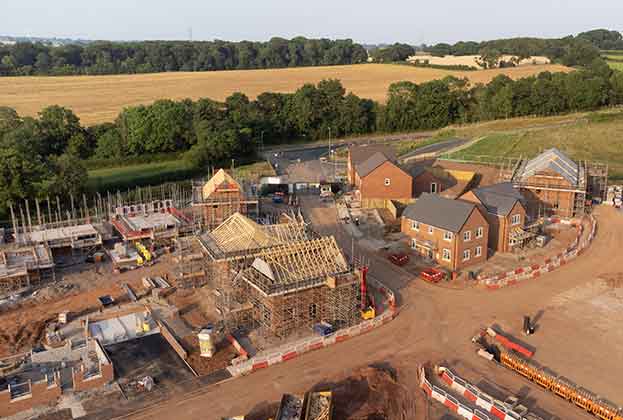
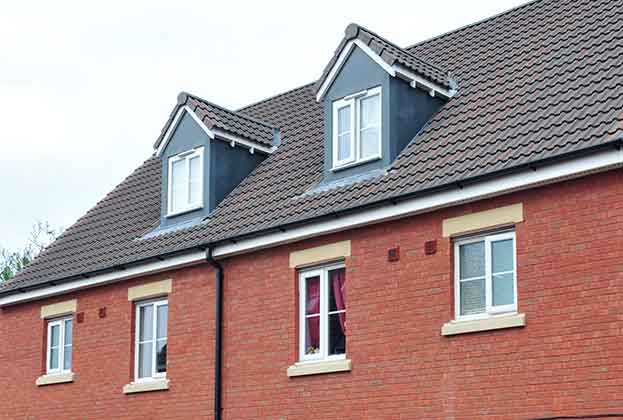
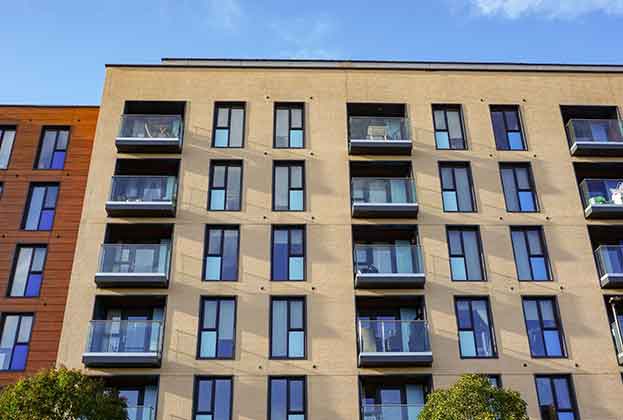
.jpg)
.jpg)
.jpg)
.jpg)
.jpg)
